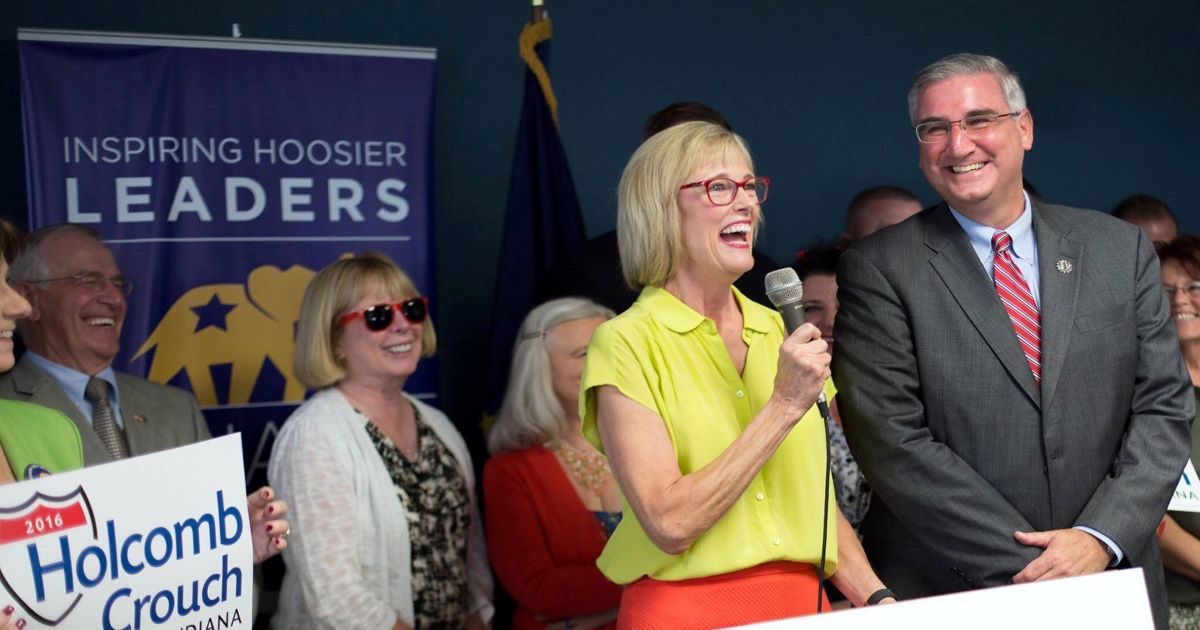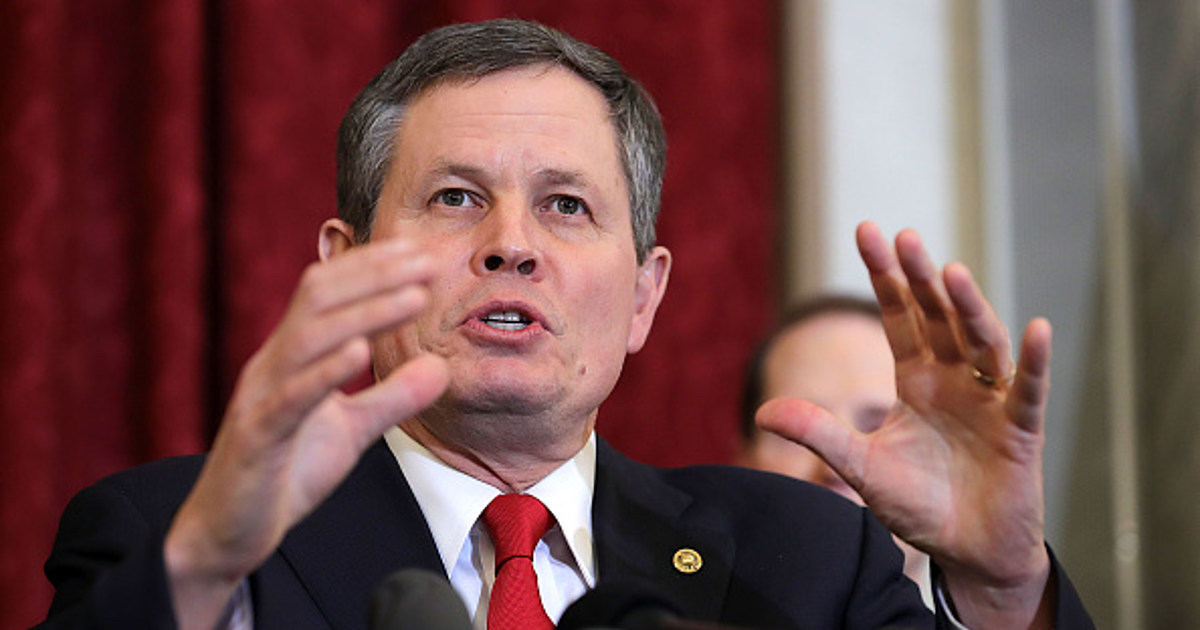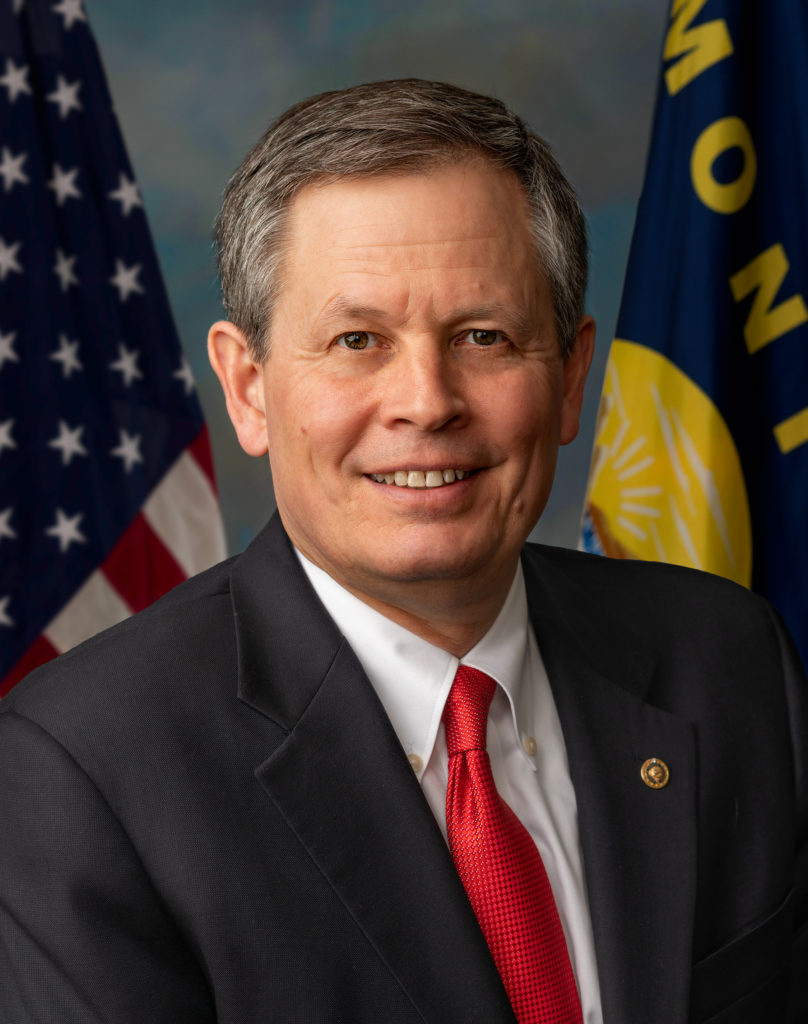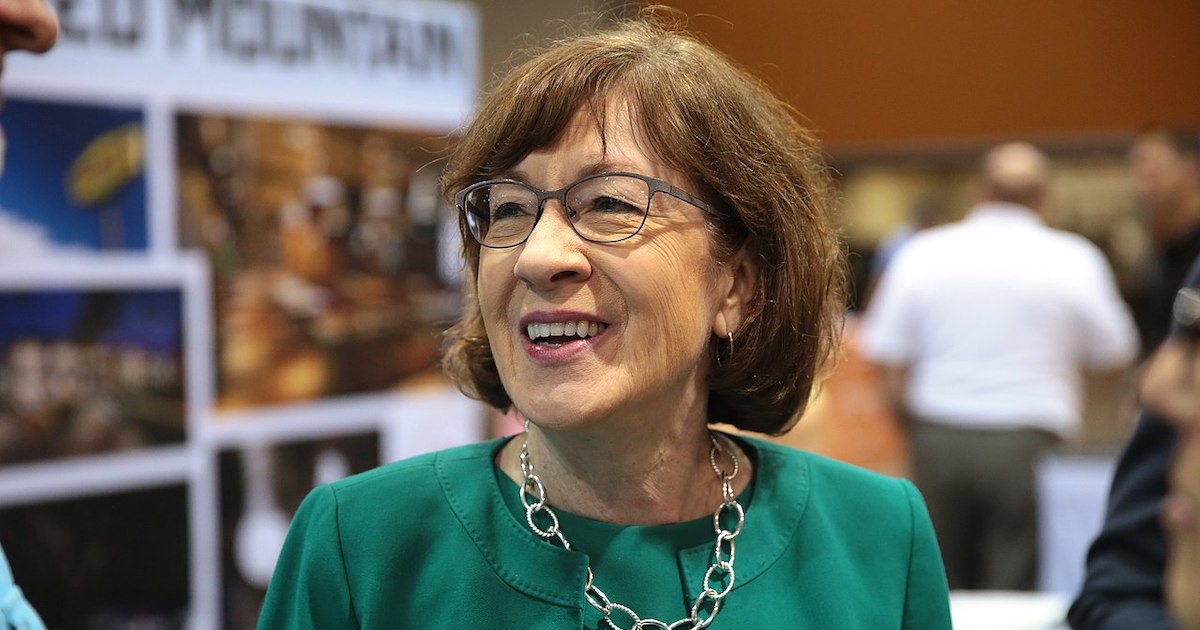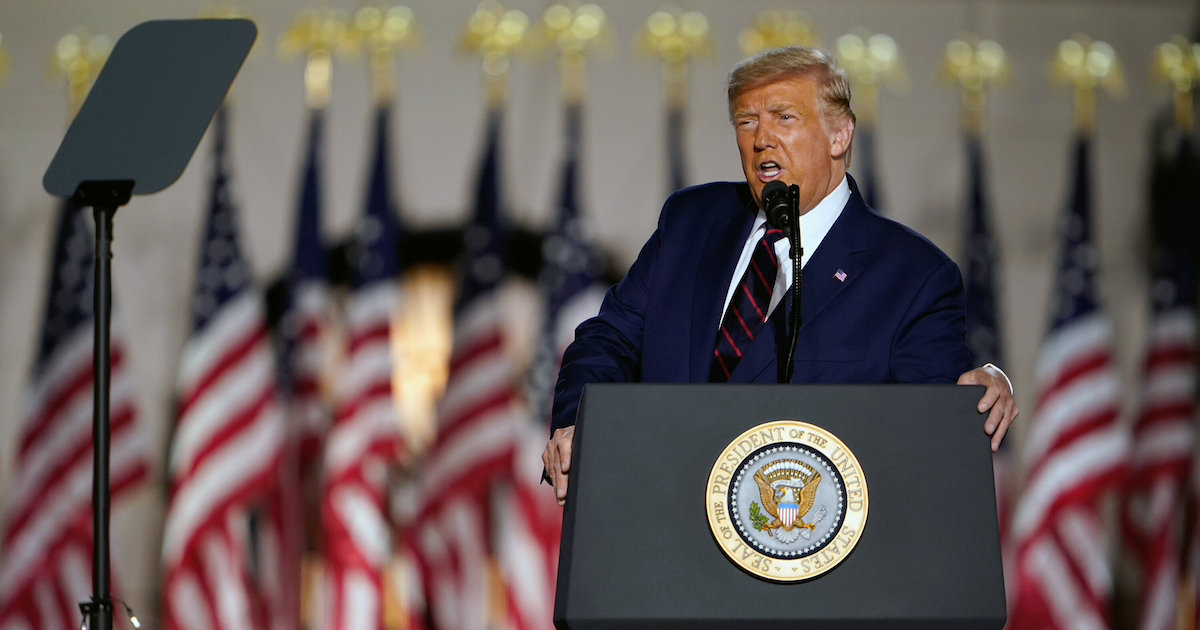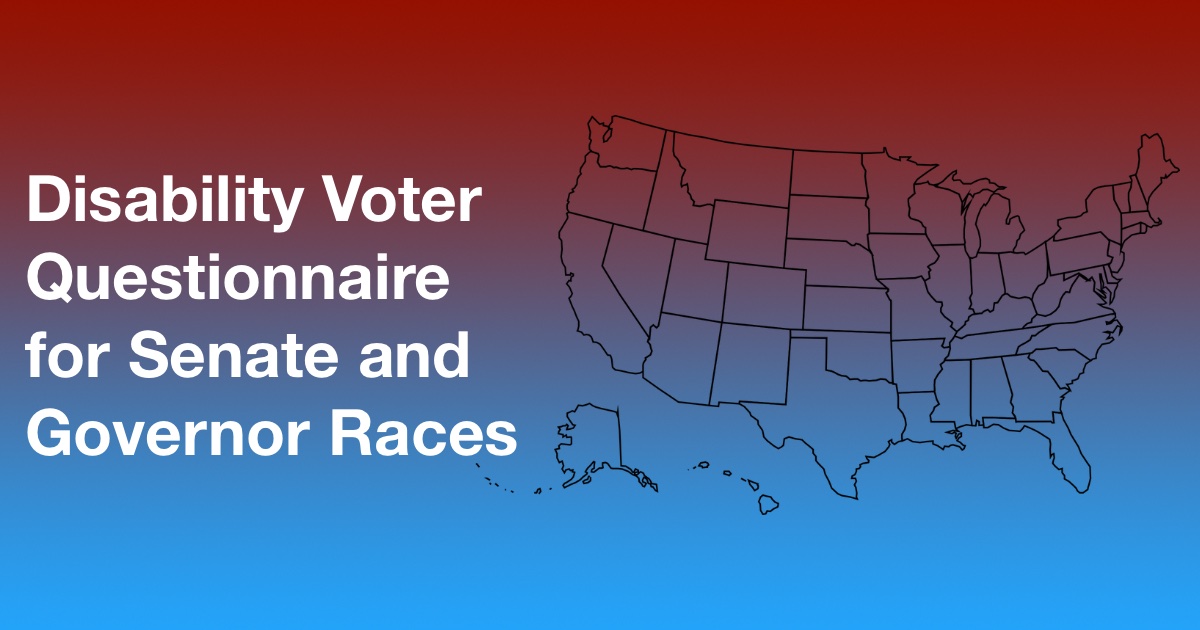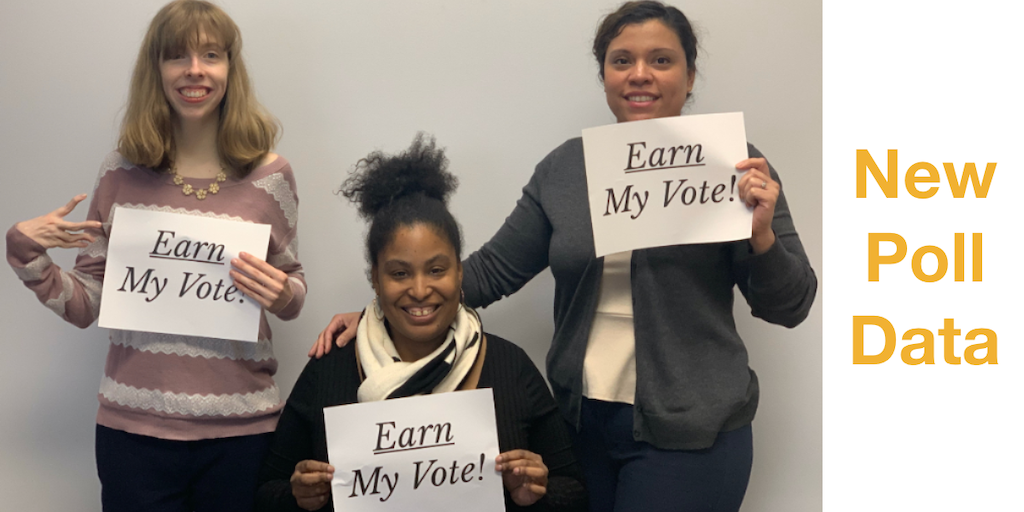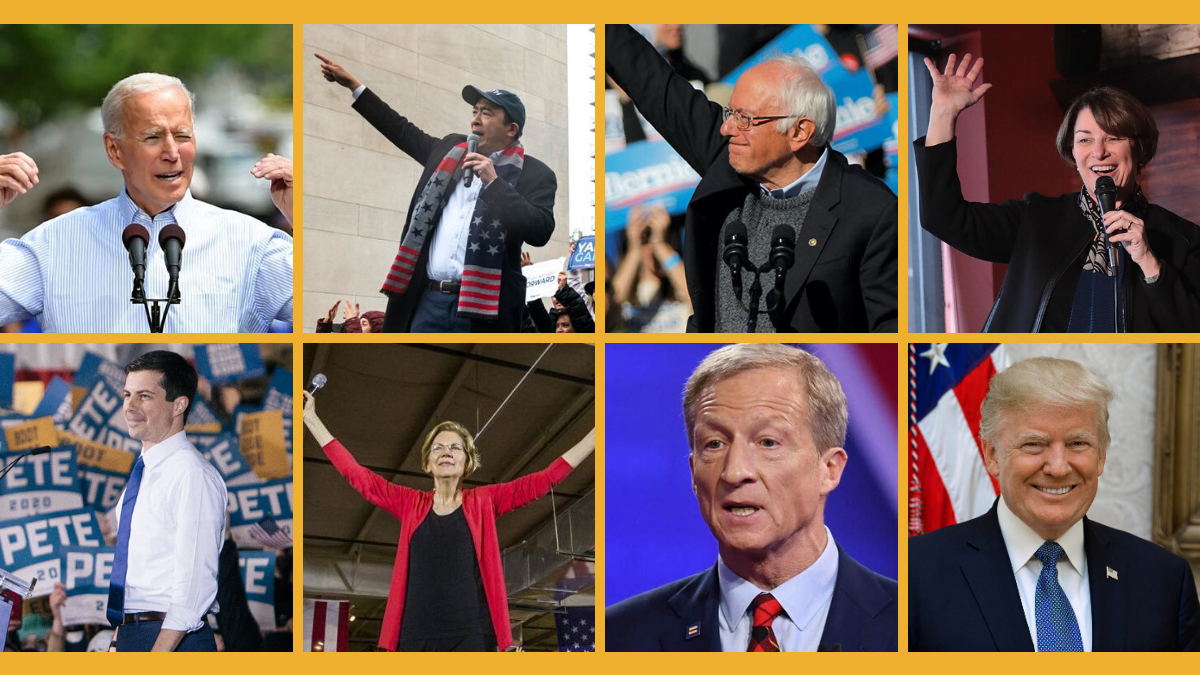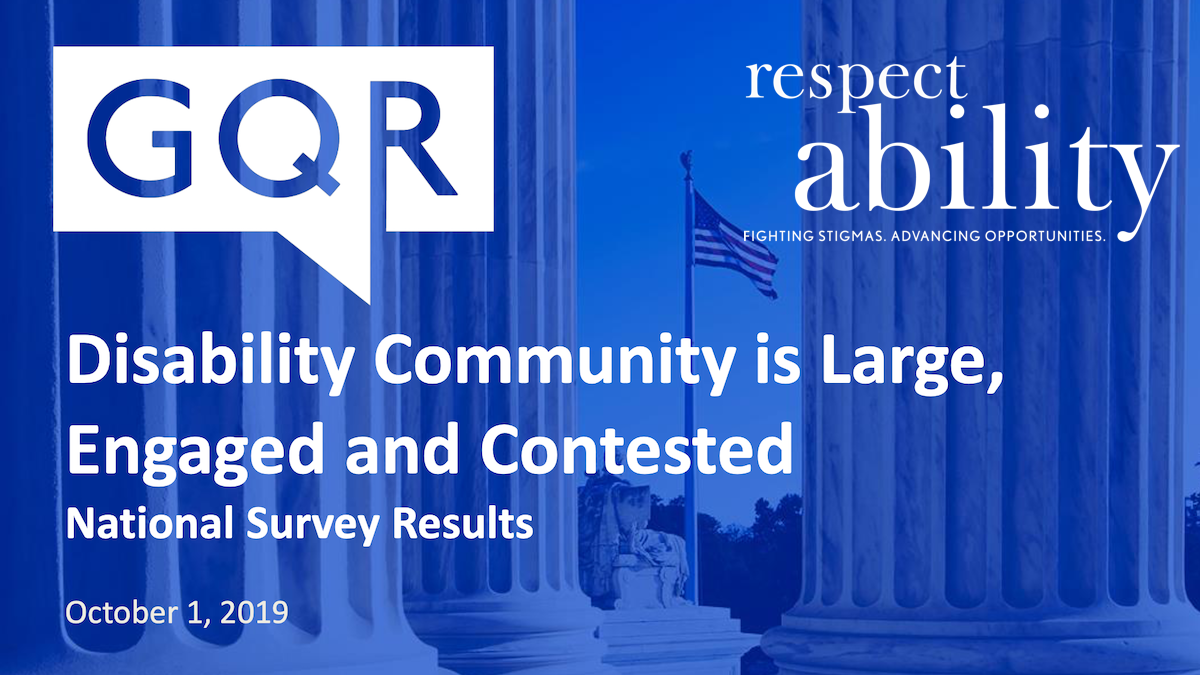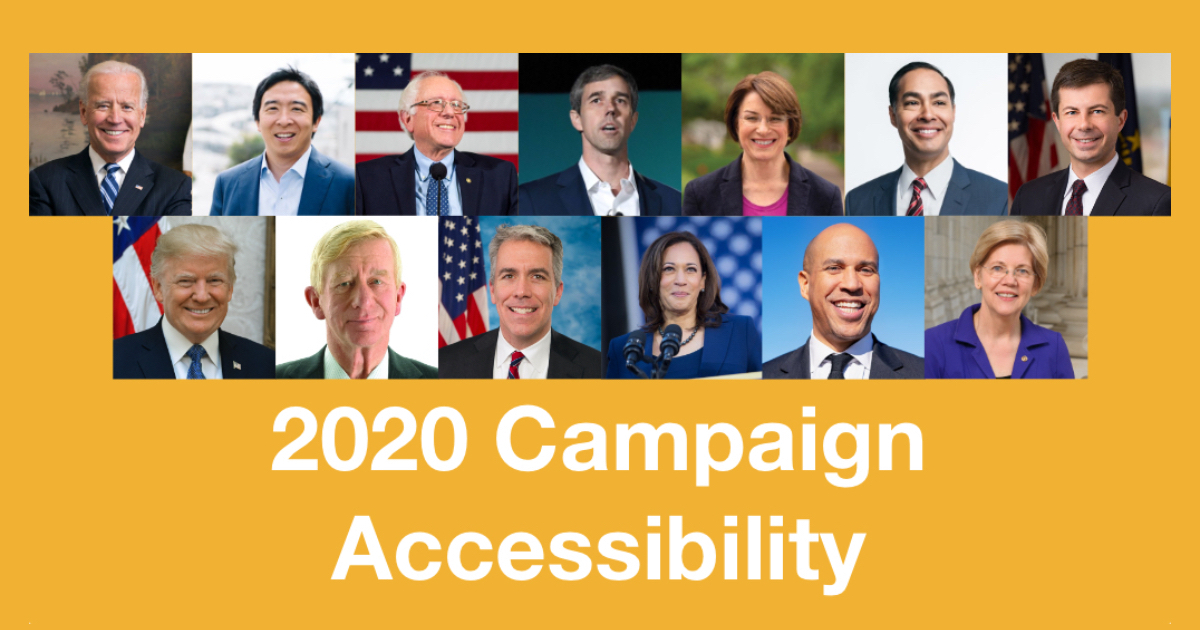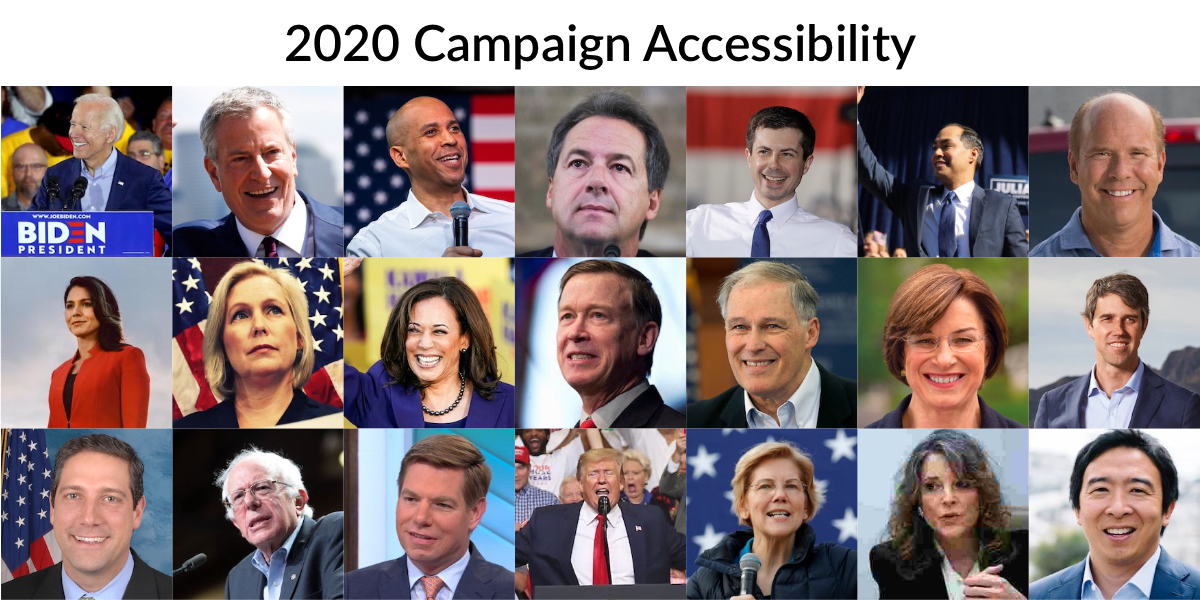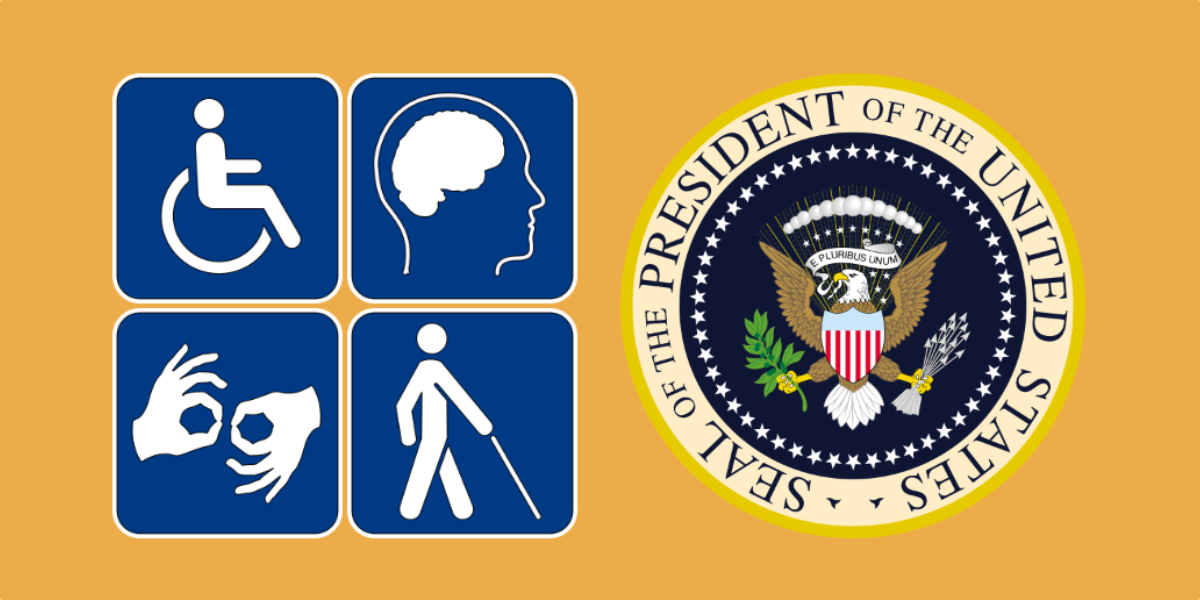Key actions and positions posted on the intersection of disability and education, jobs, immigration, climate crisis, criminal justice and more
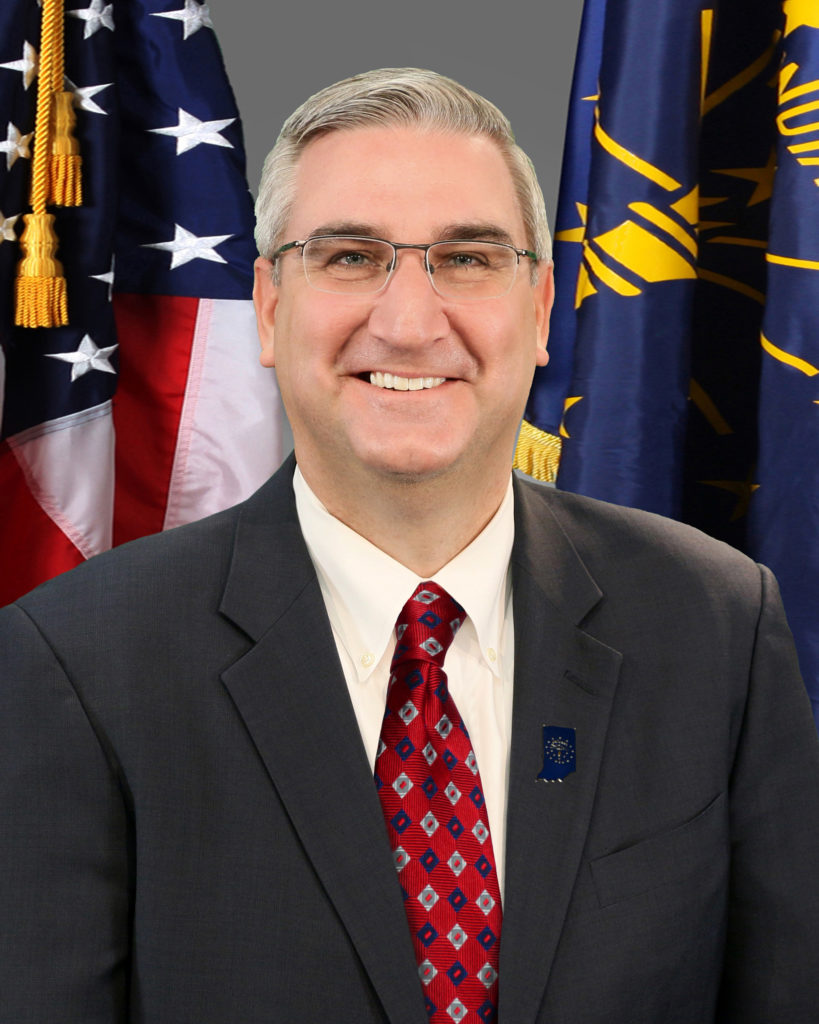
Indianapolis, IN, Sept. 11– In response to RespectAbility’s 2020 Disability Voter Questionnaire for Senate and Governor Races, Indiana’s Republican Governor Eric Holcomb and Lieutenant Governor Suzanne Crouch have responded with the following letter detailing some of their past efforts to support Hoosiers with disabilities and their shared vision for the future of Indiana. The full text of their letter follows:
Supporting Hoosiers with disabilities is an issue that Governor Holcomb and Lt. Governor Crouch are passionate about. Lt. Governor Crouch has been a champion of Hoosiers with disabilities throughout her entire career in public service and her passion for this issue continues to have a tremendous impact on the approximately 100,000 Hoosiers with intellectual or developmental disabilities.
The very first bill governor Holcomb signed into law was one that provided more transportation options for students with disabilities. He also signed landmark legislation that supports the independence of Hoosiers with disabilities and created the taskforce for assessment of services and support for people with intellectual and developmental disabilities. Lt. Governor Crouch chaired this taskforce.
